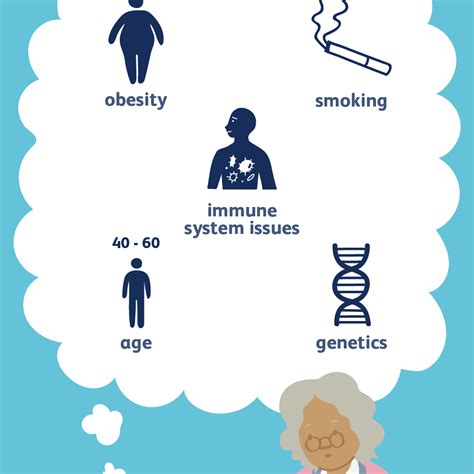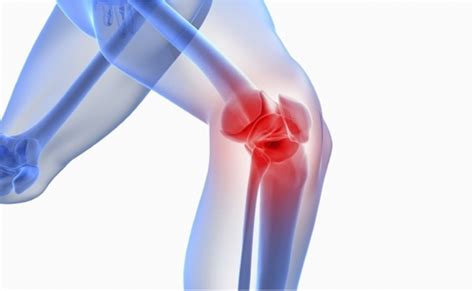
A herniated lumbar disc refers to a condition in which there is a change in a spinal disc of the lower back. This happens when there is a tear in the tough outer fibrocartilaginous layer known as the annulus fibrosus. This tear allows portions of its soft, gelatinous inner layer, the nucleus pulposus, to seep out. Often, people envision this as a disc “slipping out of place” although this terminology can be a bit misleading.
Interestingly, pain from a herniated disc is more frequently felt in other parts of the body rather than the back itself. While some individuals might feel pain at the site of the herniation, many others experience pain, numbness, and weakness in areas like the buttocks, legs, or feet. This is because the disc, particularly when lower in the back, might irritate the sciatic nerve, leading to pain radiating through the buttock and down the leg. This phenomenon is often referred to as sciatica.
The bright side is that most cases of herniated disc pain alleviate by themselves over time. In fact, research from Harvard Health suggests that about 90% of the time, pain caused by a herniated disc will diminish on its own within six months.
However, when it comes to location, most herniated discs are found in the lumbar (lower back) and cervical (neck) regions. They’re quite uncommon in the thoracic region (mid-back), accounting for only 1 in every 200 to 400 disc herniations. When a disc herniates, symptoms can vary based on its location. For instance, a cervical disc herniation might cause arm pain, while a lumbar herniation might lead to leg pain. Additionally, numbness or tingling can occur in the areas where the affected disc serves the nerves. A more severe complication, albeit rare, is cauda equina syndrome, which requires immediate medical attention.
In conclusion, understanding the symptoms and causes of a herniated disc is crucial for timely treatment and relief. While many cases resolve on their own, it’s essential to consult with a medical professional if you suspect you have a herniated disc. For more detailed insights, you can visit these FAQs on disc herniations or check this informative article on slipped discs.


